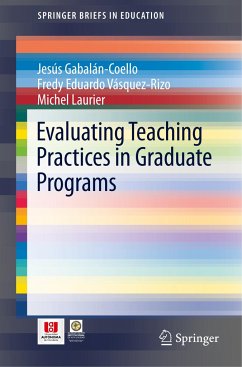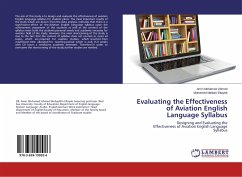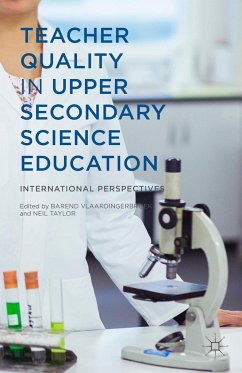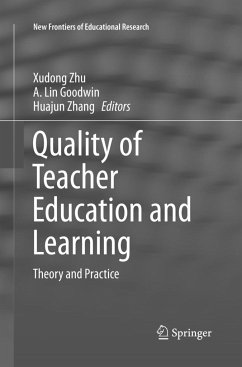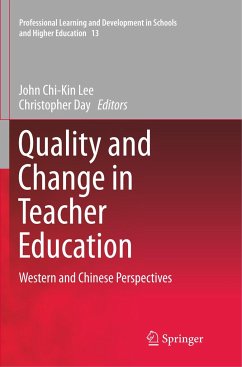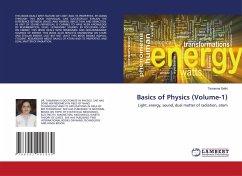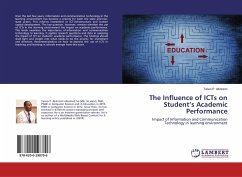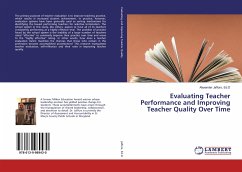
Evaluating Teacher Performance and Improving Teacher Quality Over Time
Versandkostenfrei!
Versandfertig in 6-10 Tagen
51,99 €
inkl. MwSt.

PAYBACK Punkte
26 °P sammeln!
The primary purpose of teacher evaluation is to improve teaching practice, which results in increased student achievement. In practice, however, evaluation systems have been generally used as sorting mechanisms for identifying the lowest performing teachers for selective termination. The school system in this study, like others, aspires to have all of its teachers consistently performing at a highly effective level. The problem of practice faced by the school system is the inability of a large number of teachers rated "effective" to summarily improve their practice over time and move to the "h...
The primary purpose of teacher evaluation is to improve teaching practice, which results in increased student achievement. In practice, however, evaluation systems have been generally used as sorting mechanisms for identifying the lowest performing teachers for selective termination. The school system in this study, like others, aspires to have all of its teachers consistently performing at a highly effective level. The problem of practice faced by the school system is the inability of a large number of teachers rated "effective" to summarily improve their practice over time and move to the "highly effective" rating. In other words, how does a teacher evaluation metric maximize the chances that those who remain in the profession become accomplished practitioners? This research triangulates teacher evaluation, self-reflection and their roles in improving teacher quality.




